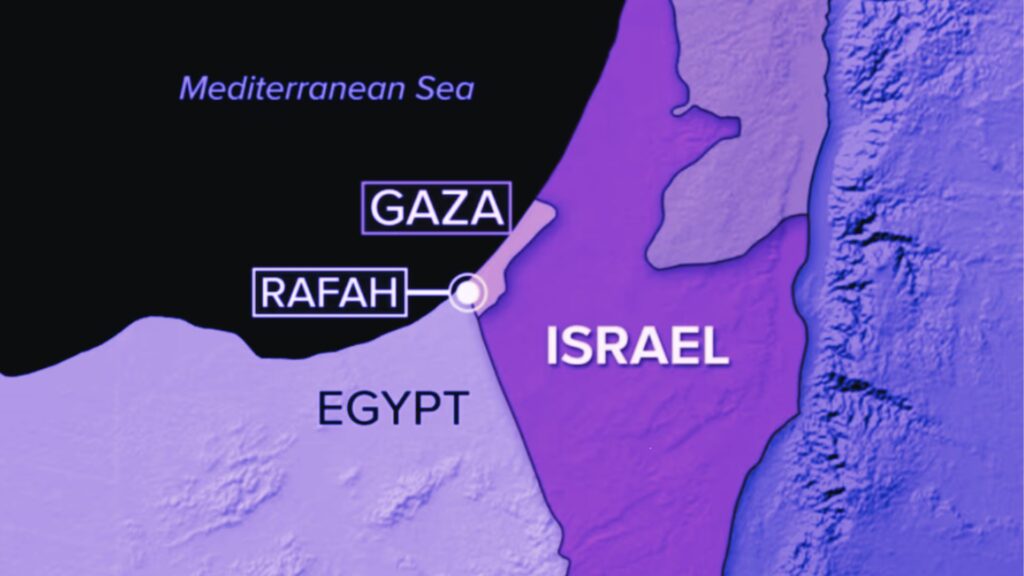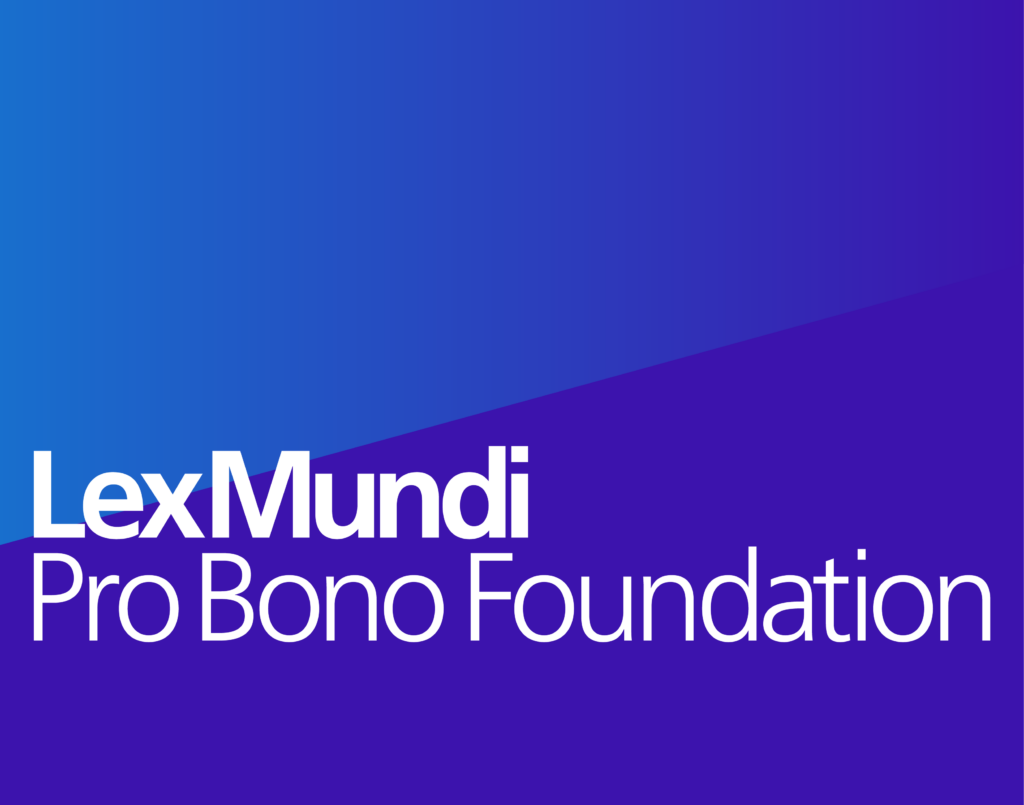In light of the ongoing humanitarian crisis near Rafah, our Lex Mundi member for Egypt, Shalakany, has generously provided high-level guidance for NGOs seeking to activate resources in the area. If you know of an NGO that is in need of a consultation on this topic, please reach out to us to request a connection. While capacity is limited, Shalakany is willing to assist as many organizations as they can to help ease the suffering.
Relief and Aid for Gaza
The current situation in Gaza is prompting numerous NGOs to deploy funding and logistical assistance to alleviate human suffering in Gaza. As a top-tier firm with an excellent track record of assisting foreign NGOs with activities in Egypt, we have recently been approached by several NGOs wishing to participate in relief efforts and provide aid to the Palestinian people in Gaza.
The following is an introductory overview of the relevant legal framework for foreign NGOs considering providing support to Gaza through Egypt.
- What is the regulatory framework for incorporating a foreign NGO in Egypt?
A foreign NGO may have a presence in Egypt by obtaining a license to undertake its activities. To do so, the NGO must meet a series of requirements, including aligning its activities with the priorities and the needs of the community and in accordance with the development plans of the Egyptian Government. In addition, the foreign NGO must have physical presence in Egypt via a legally registered office, which is evidenced via a lease agreement.
To obtain a license, the NGO must submit an application to the competent unit of the Ministry of Foreign Affairs, which will then liaise with the relevant authorities, notably the Ministry of Social Solidarity. The application must include documents such as but not limited to (i) the license granted to the NGO in its home country permitting its operation, (ii) an official copy of the NGO’s articles of incorporation, (iii) a declaration containing the NGO’s activities, sources of funding, programs, protocols, memoranda of understanding, etc. Any documents attached to the application must be legalized and notarized by the Egyptian embassy in the home country of the foreign NGO. In addition, a key requirement for foreign NGOs is that if any foreign individuals will assist with the NGOs activities, they must pass a security clearance conducted by the National Security Agency.
It is crucial to note that the submission of the application is not sufficient for the NGO to start undertaking its activities, the NGO only receives the ‘all-clear’ to undertake its activities upon receipt of the license itself.
- What are the challenges associated with the incorporation of a foreign NGO in Egypt?
One of the most significant challenges faced by foreign NGOs is the lack of clarity on the progression and timeframe of the licensing process, which are subject to the broad discretion of the governmental authorities. Moreover, the Ministry of Social Solidarity adopts a significant level of scrutiny when determining whether the proposed activities of the foreign NGO fulfill their criteria and prove a clear and unequivocal benefit to the Egyptian community or the country to be granted a license to undertake activities therein.
Furthermore, the Ministry of Social Solidarity exercises its discretion in determining whether the receipt of foreign funding or the transfer of funds abroad will be permitted and is generally strict in authorizing the same. There is no set timeframe for the issuance of this approval. Similarly, there is no set timeframe for the security clearance conducted by the National Security Agency, and in practice this process may take from several months to over a year.
Currently, foreign NGOs wishing to deploy funds for the relief efforts may consider registering in Egypt but adopt other complementary measures which prove more expedient.
- What are the available alternative forms of registration?
Becoming a licensed NGO in Egypt remains a significantly lengthy, complex, and burdensome process. Considering the pressing nature of the current situation in Gaza, it is more efficient for foreign NGOs to resort to alternative arrangements to undertake their desired activities. So far, the options we have seen and been able to advise on include:
- Depending on the activity or funding arrangements to be undertaken in Egypt, foreign NGOs may consider entering into certain agreements and arrangements with Egyptian entities (both for-profit and not-for-profit). Both options have their pros and cons in terms of expediency, availability, regulatory approvals, possibility of sponsoring legal presence in Egypt for the foreign NGO’s staff and a myriad of other considerations that should be scrutinized before choosing an Egyptian partner.
- Specifically for the Gaza aid, the Egyptian Red Cross (the “ERC”) has put in place a foreign funding program to allow foreign NGOs to deploy funding for such purposes. The ERC typically matches received funding with the urgent needs of the Gaza Strip as determined by the Palestinian Red Cross. This is a secure, expedient and transparent avenue to participate with the aid; however, the funder typically has no control over the use of the funding by the ERC.
- The Tahya Misr Fund, affiliated with the Egyptian Government is also very active with the Gaza aid and receives foreign funding for the same. We further understand that the Tahya Misr Fund may sponsor permits for the personnel of the foreign funding to obtain permits to be present at the Rafah border crossing to ensure delivery of the aid.






